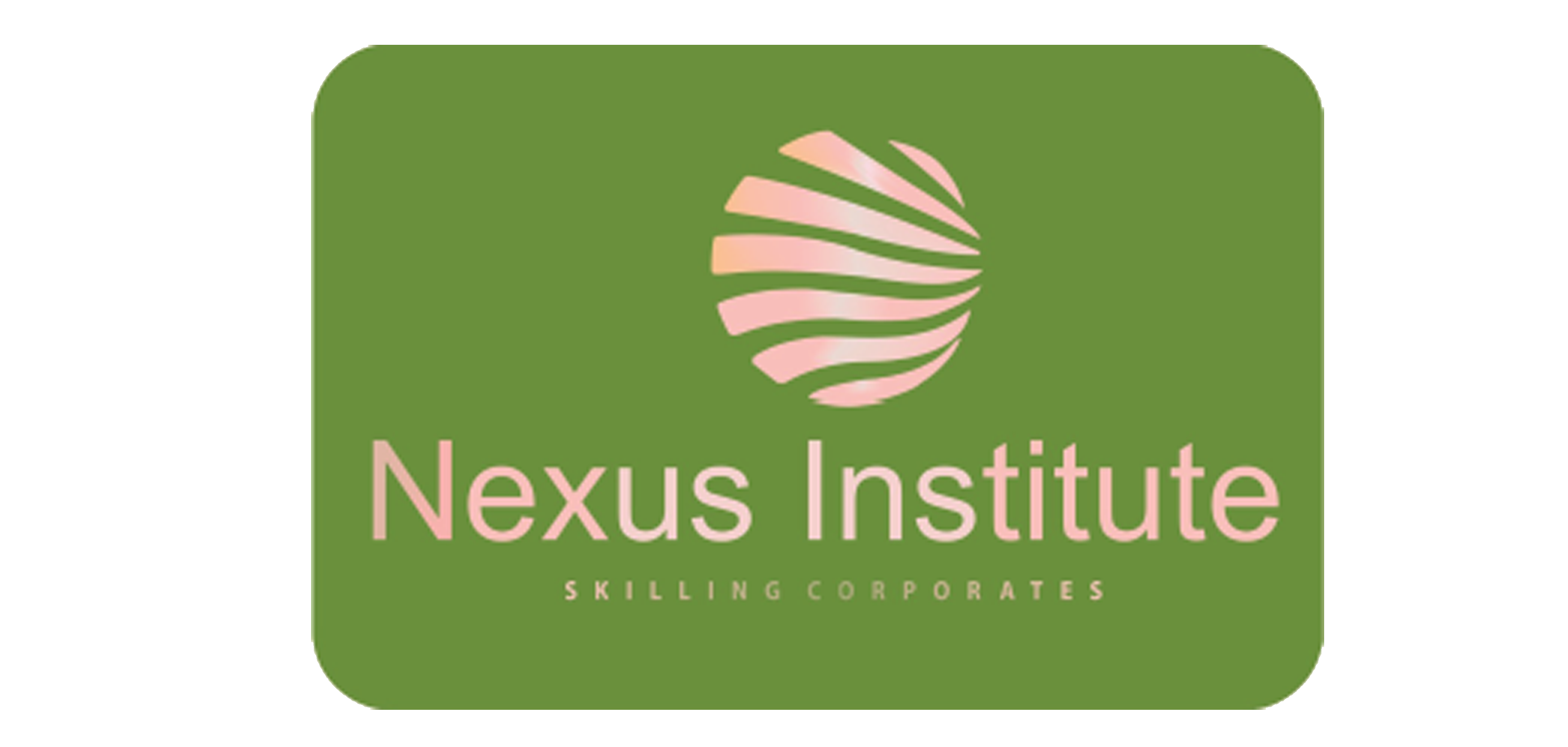Course Overview
Overview:
This training course aims to equip women entrepreneurs operating in the informal sector with essential business development skills and support services to enhance their business success and sociolect-economic empowerment. Through a combination of theoretical knowledge, practical exercises, and peer learning, participants will gain the tools and resources needed to overcome challenges, seize opportunities, and sustainably grow their businesses.
Goal:
The primary goal of this training course is to empower women in the informal sector to build resilient and thriving businesses by providing them with comprehensive business development support services tailored to their unique needs and circumstances.
Objectives:
- To provide participants with a solid understanding of business development principles and strategies applicable to the informal sector.
- To equip participants with essential financial management skills necessary for effective business operation and growth.
- To enhance participants’ marketing and branding capabilities to attract customers and increase market share.
- To educate participants on legal and regulatory requirements relevant to informal businesses and ensure compliance.
- To facilitate access to support networks, mentorship opportunities, and other resources crucial for business success.
- To foster personal development and well-being among participants to enhance resilience and leadership qualities.
Detailed Content:
Module 1: Introduction to Business Development
- Overview of the informal sector and its significance for women entrepreneurs
- Importance of business development services tailored to the informal sector
- Identifying opportunities and challenges in the informal economy
Module 2: Business Planning and Strategy
- Basics of business planning: setting goals, defining a vision, and creating a business plan
- Strategies for market analysis and identifying target customers in the informal sector
- Developing a business model canvas and adapting it to the informal business environment
- Techniques for strategic decision-making and business growth planning
Module 3: Financial Literacy and Management
- Understanding basic financial concepts: income, expenses, profit, and loss
- Budgeting techniques for managing cash flow in informal businesses
- Record-keeping and accounting principles for informal businesses
- Access to microfinance, savings, and credit management
Module 4: Marketing and Branding
- Essentials of marketing in the informal sector: identifying customer needs, pricing strategies, and promotion tactics
- Creating a unique value proposition and building a brand identity
- Leveraging social media and digital marketing channels for business promotion
- Customer relationship management and building loyalty in the informal sector
Module 5: Legal and Regulatory Compliance
- Overview of legal structures for informal businesses and registration requirements
- Understanding licensing, permits, and taxation relevant to the informal sector
- Intellectual property rights protection and compliance with labor laws
- Strategies for navigating regulatory challenges and ensuring compliance
Module 6: Access to Support Services
- Introduction to support organizations, networks, and resources available for women entrepreneurs
- Mentoring and coaching programs tailored to the needs of informal businesses
- Peer learning opportunities and support groups for sharing experiences and best practices
- Accessing government and non-governmental support initiatives for business development
Module 7: Personal Development and Well-being
- Importance of self-care and maintaining work-life balance in entrepreneurial endeavors
- Techniques for stress management and building resilience in the face of challenges
- Developing effective communication and leadership skills for business success
- Setting personal and professional development goals for continuous improvement
Module 8: Case Studies and Best Practices
- Analysis of successful women entrepreneurs in the informal sector
- Learning from real-world examples and applying best practices to participants’ businesses
- Identifying common challenges and strategies for overcoming them
- Peer-reviewed case discussions for practical learning and problem-solving
Module 9: Practical Workshops and Exercises
- Hands-on activities such as business plan development, financial forecasting, and market research
- Role-playing exercises for negotiation, conflict resolution, and customer interactions
- Field visits to successful informal businesses for firsthand learning experiences
- Group projects and presentations to apply learned concepts and receive feedback
Module 10: Evaluation and Continuous Improvement
- Assessing participants’ progress and learning outcomes through quizzes, assignments, and practical assessments
- Collecting feedback from participants to evaluate the effectiveness of the training course
- Incorporating feedback and suggestions for curriculum enhancement and future iterations
- Encouraging participants to continue their learning journey and stay connected through alumni networks and ongoing support resources
This comprehensive training course is designed to empower women entrepreneurs in the informal sector with the knowledge, skills, and support services necessary to thrive in their businesses and contribute to economic development and empowerment within their communities.



